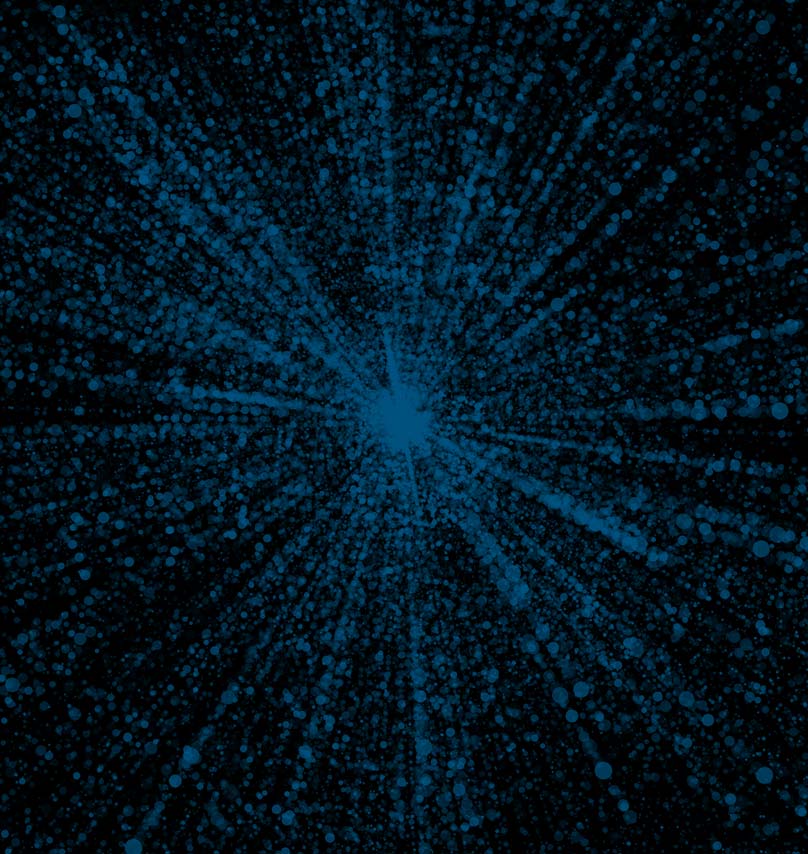The International Nuclear Security Education Network (INSEN) is a partnership between the International Atomic Energy Agency, numerous education and/or research institutions, and other stakeholders involved in nuclear security education. It aims to enhance global nuclear security by developing, sharing and promoting excellence in nuclear security education. INSEN is structured in three working groups with defined objectives:
1. Working Group 1 on Exchange of Information and Development of Materials for Nuclear Security Education
2. Working Group 2 on Faculty Development and Cooperation Among Universities
3. Working Group 3 on Promotion of Nuclear Security Education
INSEN members are working to develop course materials in the field of nuclear security. In addition, INSEN sponsors professional development courses, such as the upcoming University of Witwatersrand course on Insider Threats organised with the support of King’s College London and IAEA, and which will take place in June and August in South Africa. Thanks to the support of the U.S. Department of State’s Partnership for Nuclear Security (PNS), WINS provided scholarships to all course participants to enroll in the WINS Academy Security Certification Programme for Scientists, Technicians and Engineers (STEs).
To date, INSEN has 106 Members, including WINS, and 4 Observers.
Membership at INSEN is open to any research and/or educational organisations involved in nuclear security. Membership can be requested by an organisation’s official by email to: insen@iaea.org
For more information about INSEN, please consult the attached article, published in OPCW Today in December 2013 (Volume 2, No.5).
